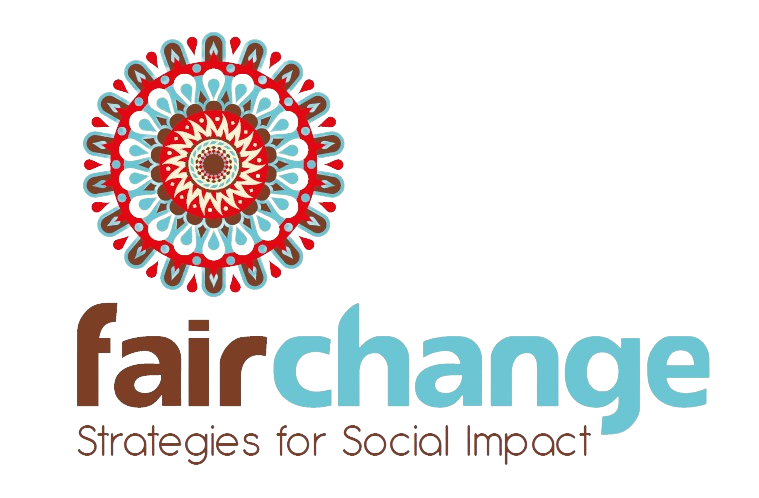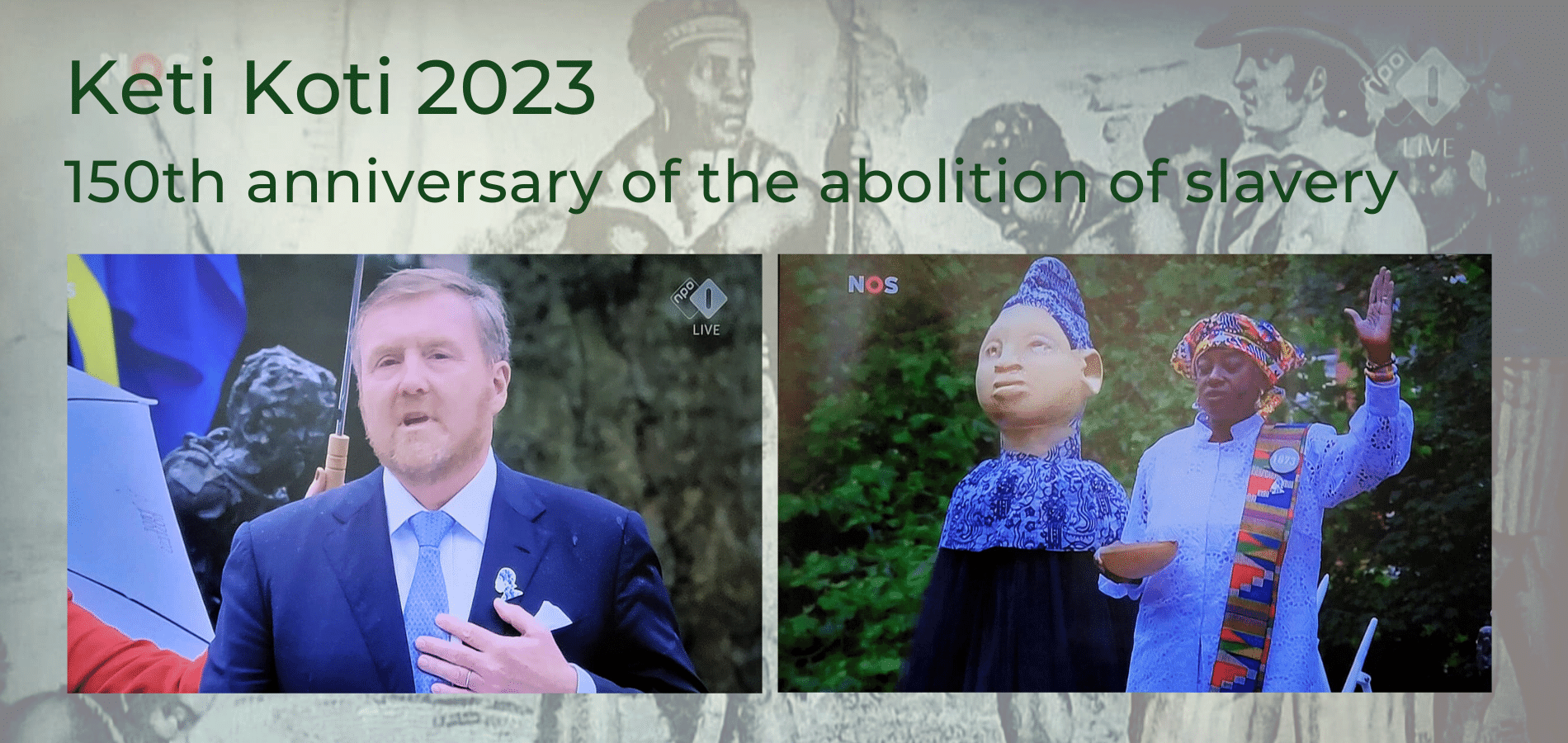Inclusion at work, in society and personal life, starts with recognition and a shared sense of belonging. That’s why I think the apologies offered by the Dutch king Willem Alexander for the country’s historical involvement in slavery are more than a much-needed symbolic gesture.
Watching the Keti Koti (“Breaking the Chains”) Slavery Remembrance Day on TV (July 1, 2023), I snapped dozens of pictures. There are a few of them above ;). I was moved. This year marks the 150th anniversary of the abolition of slavery in the Netherlands. It was a long anticipated moment: will or won’t King Willem Alexander offer apologies?
He did.
In what sounded and looked like an honest gesture, Willem Alexander placed his hand on his heart when he asked forgiveness for the role his royal ancestors had played. Even though slavery was permitted by the laws of the time, his family had the moral duty to put a halt to this crime against humanity, he said. But they did nothing.
Before the king took the stage during the official ceremony in Amsterdam’s Oosterpark, Winti priestess Marian Markelo performed a ritual for reconciliation. Markelo is one of the spiritual leaders of the Surinamese-African religion that has its roots in West Africa and was brought by the enslaved men and women transported on Dutch slave ships to work on plantations in Surinam, the former Dutch colony on South America’s northern coast.
Honoring the ancestors and goddess Aisa, Mother Earth, the priestess called for solidarity, understanding and collaboration.
We all know that people of Surinamese origin living in the Netherlands, and all other citizens from former Dutch colonies where slavery was business as usual for centuries, still face prejudice, exclusion and racism today.
I saw tears falling among the diverse black, brown and white audiences gathered in the rainy park, and the King’s apologies were received with cheers and applause. But they were not without controversy. For some, formal excuses are unnecessary, hypocritical, or too little too late.
But I think acknowledging responsibility, naming the harm that has been done and looking the descendants of the victims in the eye with humbleness is the right thing to do. It is a necessary first step.
That’s why I agree with the fierce lady who was interviewed by the TV reporters outside Oosterpark. She was part of a cheerful demonstration where many Surinamese showed up in fabulous colorful dresses. This moment marks the opening of new roads, she said. “Let this be the start of a joint future, where everyone is eager to get to know the other’s story, so we can move along together.”
Amen.
Resources
Het Koninklijk Huis: Toespraak van Koning Willem-Alexander tijdens de Nationale Herdenking Slavernijverleden in het Oosterpark in Amsterdam
Royal House of The Netherlands: Speech by King Willem-Alexander at the commemoration of the role of the Netherlands in the history of slavery, Oosterpark, Amsterdam
CNN: Dutch king apologizes for Netherlands’ historic role in slavery
The Guardian: Dutch king apologises for country’s historical involvement in slavery
Encyclopedia.com: Winti in Suriname
Did you like this blog post? Subscribe to Purpose & Impact Now and you’ll be the first to receive new articles, tools and tips to do business with a higher purpose and grow your positive impact. Yes! Put me on the mailing list.

